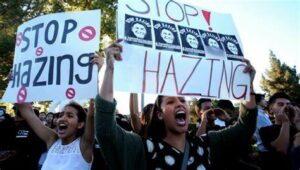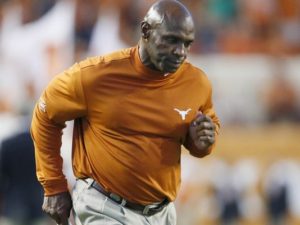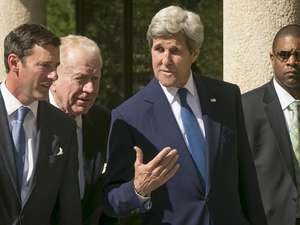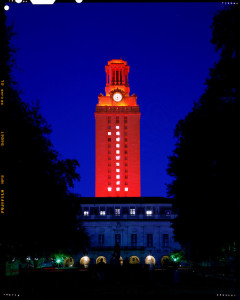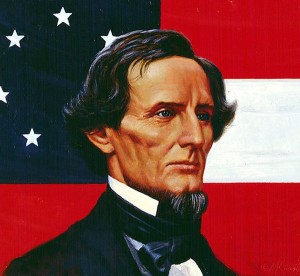I hate getting news like this, but at my age I fear they are becoming more frequent.
A friend of mine in Amarillo called this morning with news that a mutual friend of ours has died. Most of you don’t know Gene Gifford, but I’ll take a brief moment to acquaint you with a truly remarkable man.
He grew up in Amarillo. Gene, to borrow a phrase, was an “acquired taste,” but once you acquired it you learned to love this man. My wife and I loved him dearly.
He played football at Tascosa High School. He went on to attend the University of Texas-Austin, where he continued to play football. He warmed the bench for most of his time at UT while the Longhorns played football for the legendary coach Darrell Royal. Gene talked openly about his time at UT and laughed at himself because he lined up at practice against his teammates, rarely getting to play against opposing teams.
Gene then went into the Air Force, graduated from officers’ candidate school, went to flight school and earned his wings after learning how to fly high-performance jet fighters. Then he got his orders to Vietnam to fight in the war. When he arrived in-country, Gene got a serious surprise. He wouldn’t fly the high-performance jet on which he qualified. The USAF would put him in a slow-speed reconnaissance plane, a propellor-driven O-1 Bird Dog, and he would serve as a forward spotter for artillery units. Gene would become a sitting duck for enemy gunners. He got through it, came home and became a financial adviser.
Gene Gifford was known as “Dirty Giff” to his friends and his grandchildren. He was a man’s man, as hard-bitten a conservative as anyone I ever met. He wore his politics on both sleeves and was unafraid to express his opinion on anything at any time and to anyone who was within earshot.
We met Gene Gifford not long after we moved to Amarillo in 1995. We became friends, but only after I told one time after he needled me about some political issue: “Gene, I am convinced that you don’t believe half the crap that flies out of your mouth.” I recall that he was caught flat-footed by that rebuke.
Our friendship blossomed after that moment.
Gene suffered personal tragedy; his son died in an auto accident years ago. He was an avid horseman but suffered a serious injury when a horse fell on him. He fought through his heartache and his physical injury.
Gene was ill for several years. The call that informed me that Gene had died came from one of his former colleagues who loved him as much as we did. In a strange way, it was a call I half-expected to get. When it came, though, it still hurt deeply.
Then again, we are reaching that stage in life when we should expect them more often.
Still, I will miss my friend.
